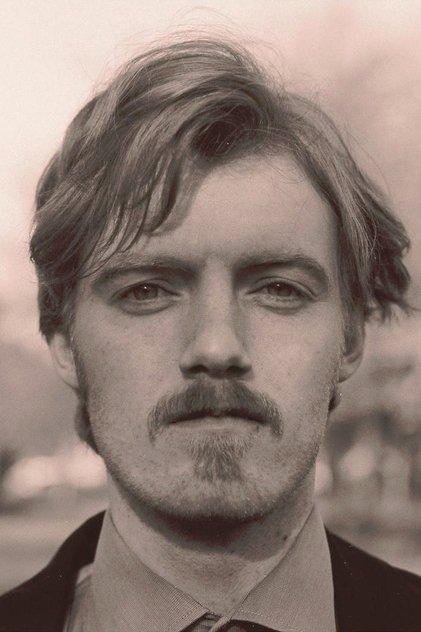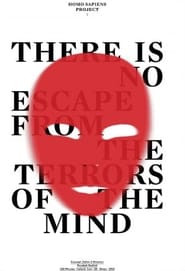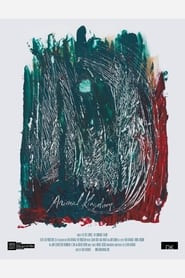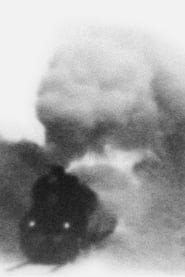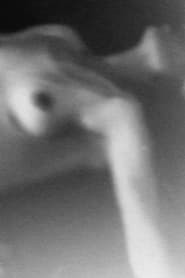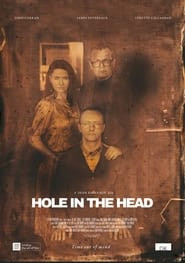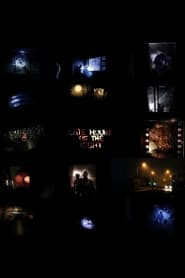Biography
Dean Kavanagh is an independent filmmaker from Ireland who creates experimental films.
Kavanagh’s films are said to reduce cinema to its principal elements of structure, genre, narrative and apparatus; while also setting these elements against one another to create a mechanism that has been described as part of ‘an important new direction in Irish cinema’ that explores ‘cinema’s plastic nature’ ; a non-traditional storytelling, 'that generates a slow throbbing ache that invades viewers'. ‘Feeling around in the darkest recesses of what cinema can be’ Kavanagh re-appropriates found footage to create a narrative that continues to shift perspective. Paralysed in a continuum of beginnings and endings, the viewer is asked to submit to the rhythm of the film to glean yet another dimension, ‘nothing is stable here’. In his filmmaking Kavanagh utilises a palette of digital and analogue technologies including celluloid film, Hi8, VHS, Betamax, digital cinema camera, DSLR, action camera, CCTV and camera phone. His working with celluloid IMAX, 70mm, 35mm, 16mm, 9.5mm and 8mm involves burning, bleaching, scratching and hand-painting the material. He has repurposed and customised projectors for the telecine of materials. This image capture process plays a vital role in the dramaturgy of his cinema. His expressive use of found footage is a pivotal aspect of his work, in particular the films made under the alias Johnny Kline.
Kavanagh developed a successful practice, independently and collaboratively, resulting in a filmography that consists of 63 experimental short films and 5 experimental feature films to date. These have exhibited worldwide at film festivals, museums, galleries and cultural institutions including the Director's Lounge in Berlin, Spectacle Theater in New York, Alchemy Film Festival in Scotland, Fronteira Film Festival in Brazil, Bogotá Experimental Film Festival in Colombia, Museum of Modern Art in Brazil, Tehran Museum of Modern Art, Galway Film Fleadh, Cork Film Centre Gallery, Quad Cinema in New York, Gardunha Festival in Portugal and the Philippines Film Institute.
